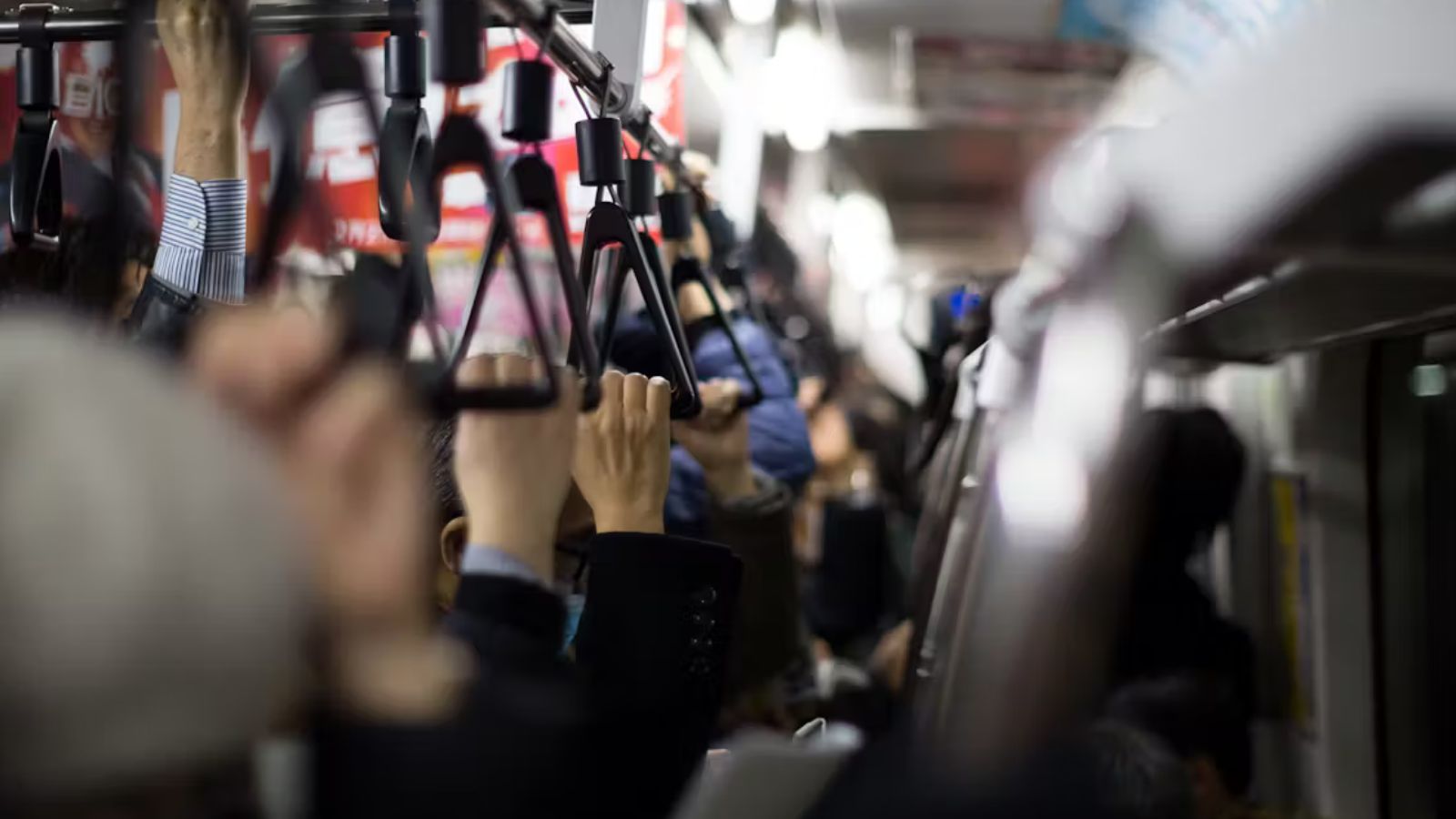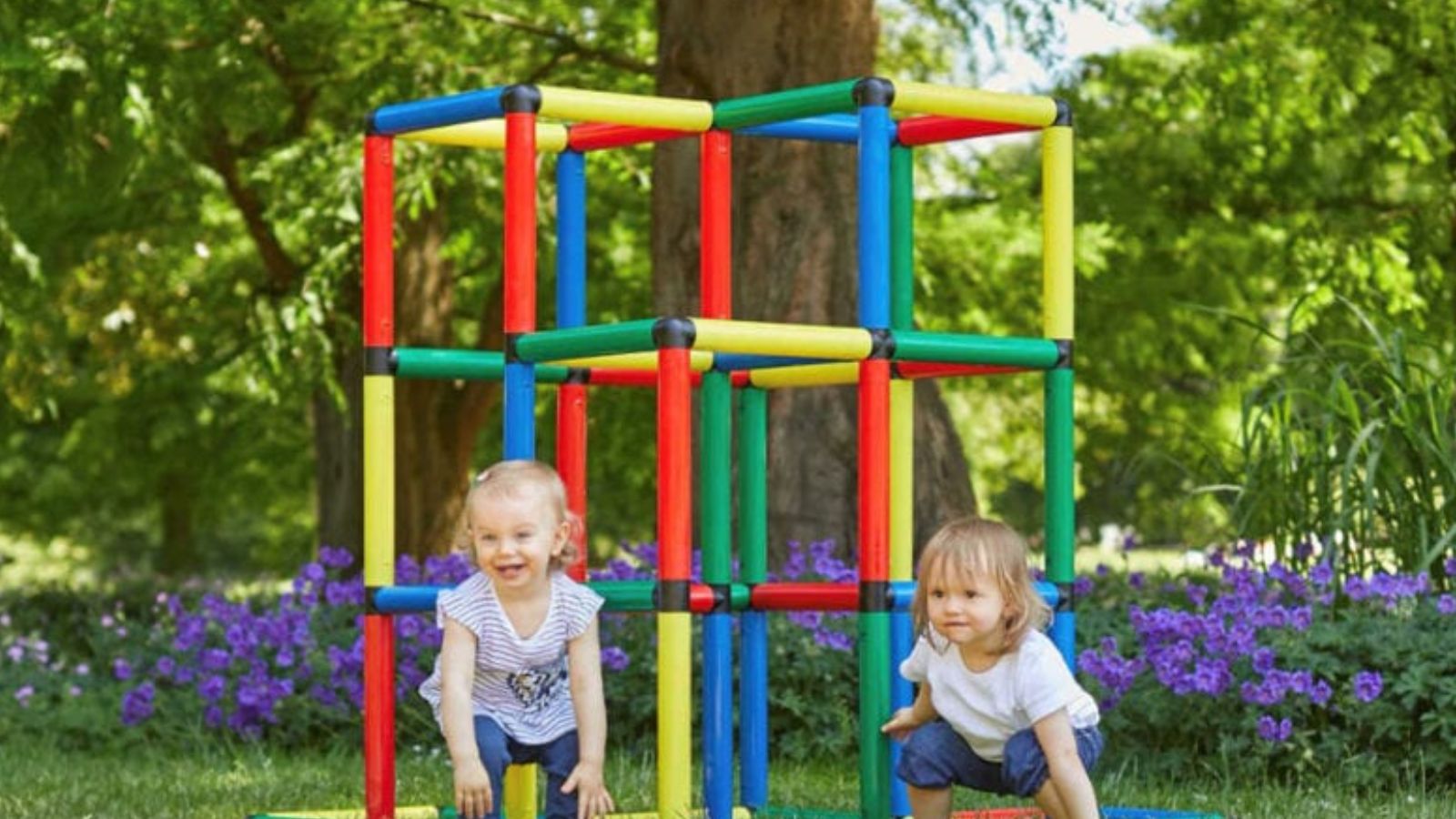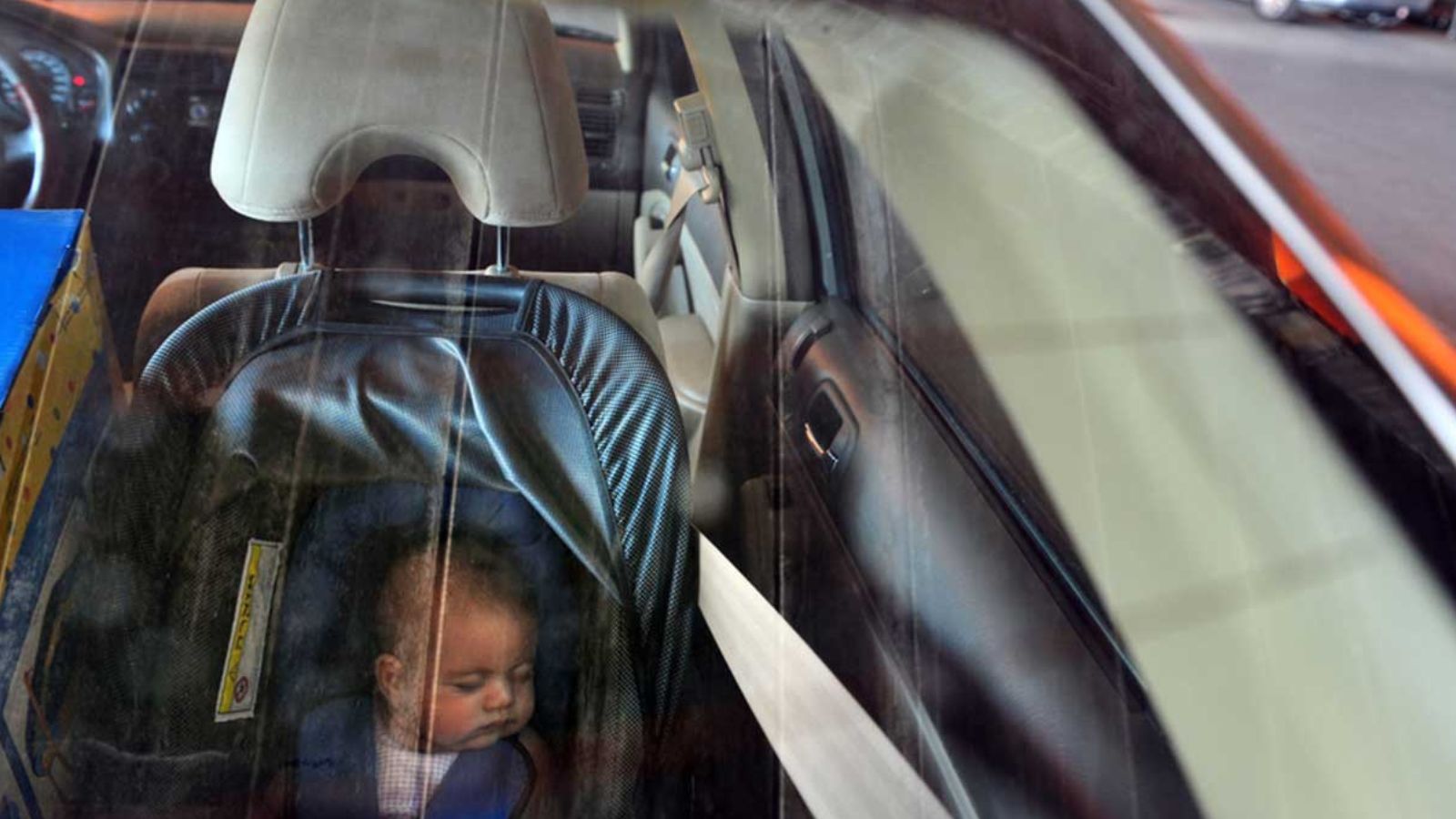For a long time, living in the city was the dream of many. Especially for families who are looking for better careers and better schooling options for their children. The buzz, the convenience, the opportunities—it all made sense. However, over the past few years, you’ve probably noticed it too. More and more Canadian families are packing up their condos, selling off their semi-detached, and heading… well, elsewhere.
So why the sudden change? Why are so many people looking beyond the bright lights of Toronto, Vancouver, Calgary, and other big cities? Let’s break it down—here are 30 reasons Canadian families are seriously rethinking city life.
Skyrocketing Housing Prices

Let’s start with the obvious. In cities like Toronto and Vancouver, the costs of owning even a modest home are skyrocketing, which is a huge concern for the people (especially the middle class). Therefore, for many families, it’s simply not worth the long-term financial burden.
Rent’s No Walk in the Park Either

Even if you’re not buying, renting a decent place in a decent neighborhood has become a huge strain on the wallet. Families are questioning whether it’s worth dropping thousands every month for a two-bedroom apartment in the sky.
Crowded Schools

Schools located in the city are being bombarded with children. Overcrowded classrooms mean less individual attention for students, and for parents, that’s a red flag. Furthermore, either parents have to hire a personal tutor for their children or make them join an academy for extra studies.
The Daily Commute Grind

An hour-long commute each way? Maybe more? That’s time lost with the kids, time lost decompressing. Remote work showed us that life doesn’t have to be this way.
Noise Pollution

Sirens, honking, and construction are some of the negative parts of city life; Noise makes it hard to concentrate when someone has a remote job or even tries sleeping, relaxing, and especially when you have a baby in the house and trying to give him a nap.
Air Quality Concerns

Smog might not seem like a big deal day-to-day, but families with young kids or anyone with asthma can feel it. Cleaner air outside urban zones is a serious drawback, which can cause serious health issues for someone who already struggles with asthma.
Rising Crime Rates

This isn’t about fearmongering—it’s about reality. Certain urban areas across Canada have seen noticeable increases in violent crime and property theft. For families with young children or seniors living alone, safety becomes a top concern. When personal security is uncertain, communities begin to feel less safe. For many, this shift is enough to reconsider where—and even whether—they want to settle down.
Smaller Living Spaces

City life often means living in rather smaller areas. Families are growing bored with their square footage and craving a backyard, a second bathroom, and maybe even a basement. People expect these things when they hear about living in the city.
Lack of Community Vibe

In big cities, it’s easy to feel anonymous. Suburbs and small towns often offer tighter-knit communities and friendlier neighbors. People in big cities are not very communicative or avoid interaction at most, which makes it difficult to make connections with new people.
Limited Outdoor Play

Finding a safe, open space for kids to run around can be tricky in the city area since most of the places are occupied. Parents are craving more nature and less screen time for their children. Moreover, they prefer outdoor activities for their children.
Expensive Childcare

Let’s not sugarcoat it—daycare costs in the city are brutal. In smaller communities, the same care often comes at a much lower price.
Therefore, many parents struggle to provide and at the same time take care of their children, and since childcare is so expensive, they tend to think twice before moving to the city.
Parking Nightmares

Every trip in the car feels like a parking hunt. And when do you find a spot? Get ready to pay through the nose. Even the parking tickets are so costly, and of course, when there is demand, prices of everything and anything go up.
Pressure Cooker Pace

Cities move fast. Hustle culture is real. For families looking to slow down, breathe, and connect, the constant rush isn’t helping. Everyone wants peace of mind these days, and adapting to this life can feel a little hard at the start.
Remote Work Flexibility

COVID changed the game. With more jobs allowing remote or hybrid setups, the need to live near the office has faded. Families are finally free to choose lifestyle over location.
Healthier Lifestyle Outside the City

Fresh air, more space, less processed food—it’s no wonder many families say they feel healthier after leaving the city. The fact is, many people love to go camping and visit the countryside during vacations.
Property Taxes Keep Climbing

In major urban centers, property taxes increase year after year. It’s yet another line item pushing families to explore their options. Taxes are taking a toll on people’s minds.
Better Bang for Your Buck

In the city, $800K gets you a fixer-upper. In a smaller town? That might buy you a detached home with land and a garage—and maybe even a pool. That leaves you to decide which seems a better and smarter option for you.
Less Screen Time, More Green Time

City life comes with a lot of indoor living. Families moving out are discovering just how much easier it is to engage their children in outdoor play when nature’s right outside the door. And even for them, perhaps having a nice little garden to keep them busy and happy.
Local Food and Farmers’ Markets

Smaller towns often have closer ties to local food sources. Farm-fresh eggs, real butcher shops, roadside produce stands—there’s a charm and quality you don’t always get in the city. Many die to taste that fresh fruit or vegetable right out of the farms.
Simpler Daily Life

Errands don’t take half your day. Traffic jams are rare. There’s space to breathe—literally and metaphorically. Furthermore, city life does provide opportunities which has a good side to it, but then again, peace is the top priority of human beings.
Reconnecting With Nature

Parks in the city are nice until you’ve hiked a real trail or watched your kids skip stones in a clear lake five minutes from home. Moreover, the best physical and mental activity is hiking and trekking, which is quite rare to have in busy city life.
More Time for Each Other

Without long commutes and the constant distractions of city life, families often find they connect more. They talk more, eat together more, and genuinely enjoy each other’s company. The best part? There’s finally time just to be together.
Less Keeping Up With the Joneses

Big-city culture can be competitive—fashion, schools, activities, and social media. Smaller communities tend to feel more grounded and less showy. And actually, many people prefer living like this over the modern way of living.
Safer Streets for Biking and Walking

Whether it’s kids biking to school or evening family walks, lower traffic and better sidewalks are a major bonus outside urban centers.
Entrepreneurial Opportunities

Believe it or not, smaller communities can be great places to start a business—lower overhead, loyal customers, and less competition.
School-Life Balance

While city schools can be competitive and over-programmed, smaller-town schools often focus more on community, arts, and life skills. And less on rankings.
Cultural Shifts and Priorities

There’s a growing movement toward intentional living—slowing down, living with purpose, being present. The city’s not always the easiest place for that mindset. Thus, if you’re new to city life, it can be a little hard till you get used to it and adapt.
Anxiety and Burnout Are Real

Big cities can take a toll, mentally and emotionally. Families are realizing they need to prioritize their collective well-being. And sometimes, that means making a big change. Maintaining a life with a lesser mental burden is a priority.
Real Estate Investment Value

Some families are buying outside the city, not just for affordability, but for future value. As urban sprawl continues, today’s “small town” could be tomorrow’s hot market.
They Want a Different Life

At the end of the day, it’s not always about money or logistics. Some families are simply chasing a new kind of happiness—one that doesn’t involve downtown towers or subway schedules. And who can blame them? It’s not easy for people to adapt to the city lifestyle after all.
Conclusion

This isn’t about permanently saying goodbye to city life. Cities still offer opportunity, diversity, and cultural vibrancy. However, for a growing number of Canadian families, the downsides are starting to outweigh the perks. It’s less of a mass exodus and more of a shift in values. People are rethinking what success looks like, what home should feel like, and what kind of life they want for their children.
And maybe that life includes a bigger backyard, slower mornings, and stargazing at night. That’s not stepping back—it just might be a real step forward.
22 Times Canadian Ingenuity Left the U.S. in the Dust

When people think of innovation, they often picture Silicon Valley. However, Canada has a history of innovation, too. Whether it’s redefining sports, revolutionizing medicine, or just showing America up at its own game, Canadian inventors, thinkers, and dreamers have had their fair share of mic-drop moments. Here are 22 times Canadian ingenuity left the U.S. in the dust.
22 Times Canadian Ingenuity Left the U.S. in the Dust
